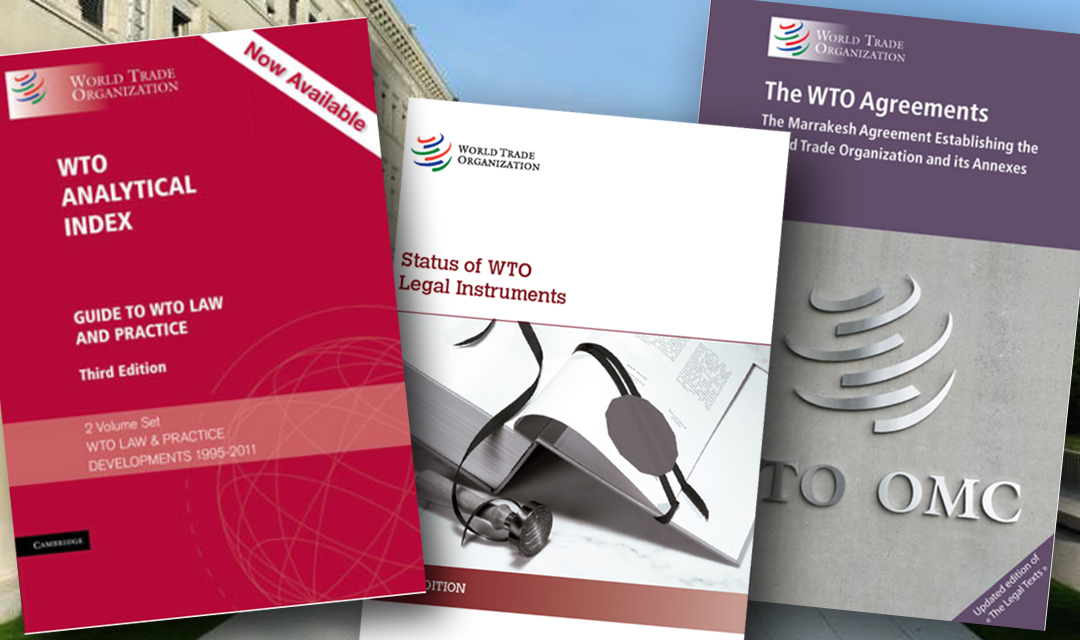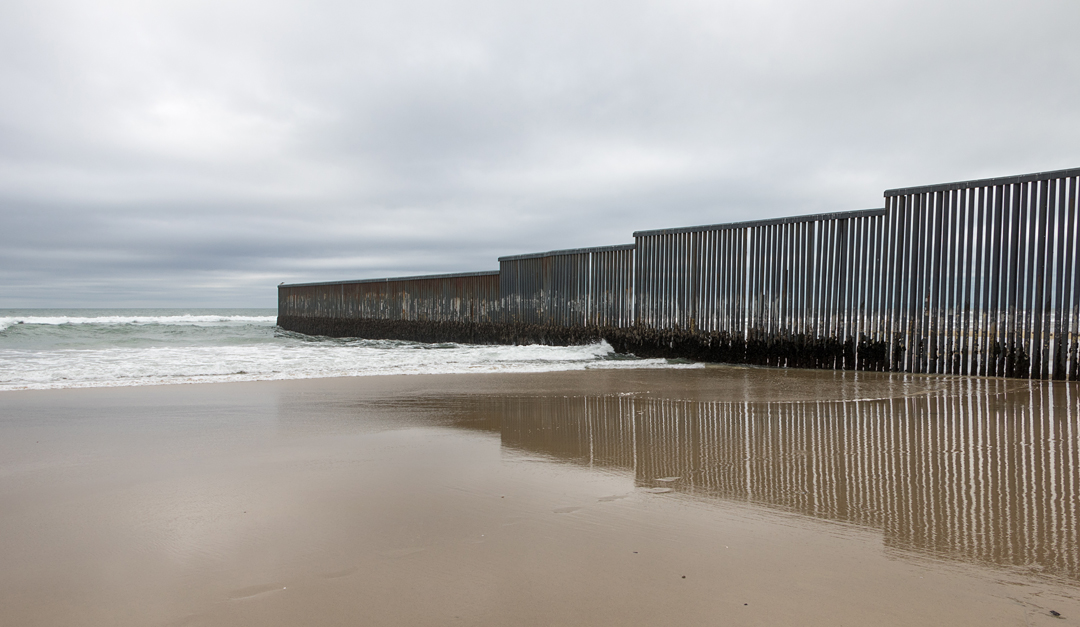By Peter Ungphakorn
POSTED JULY 18, 2018 | UPDATED JULY 19, 2018
On Monday (July 16), MP Anna Soubry launched a vigorous attack in the House of Commons against hard-line Brexiters. There was a lot of truth in what she said, except on one point.
She turned to the likelihood that if the UK simply trades with the EU on WTO terms, and without an adequate form of free trade agreement, it will have to impose border controls on trade between the Republic of Ireland and the North.
WTO “rules say every member must secure their borders,” she said.
It’s a commonly-held view.
Two days later Independent.ie reported that the Irish government was “gearing up for a major confrontation with the World Trade Organisation (WTO) over the commitment to retain a soft Border in Ireland in the event of a no-deal Brexit”.
It went on: “Government sources say they are prepared for major confrontation with WTO officials, who will insist on a Border with the North as part of strict trade laws.”
The truth is that whatever happens, there will be no confrontation with the WTO or its officials.
Soubry’s comment was partly a reaction to some Brexiters claim that when trading purely under the WTO rules, the UK can simply decide not to check trade crossing the land border into Northern Ireland. It would be up to Ireland, according to this argument, to decide whether to set up its own checks, add friction and infrastructure to the border and put the Good Friday Agreement at risk, or to follow the UK.
Soubry was right in one respect. There is a problem with those Brexiters’ claim. Time to look at the rules.

What WTO rules say
First, a fact:
There is no rule in the WTO requiring its member governments to secure their borders.
After Brexit, the UK could drop all border controls for traded goods and services and it would be perfectly within its WTO rights.
And yet there was some truth in what Anna Soubry said. Independent.ie was much farther off the mark. And the hard Brexiters are completely at sea.
Here’s why:
- The WTO does not tell countries what to do other than to keep their promises (abide by the WTO agreements and their WTO commitments)
- Even when countries break their WTO promises, there is no “confrontation” with “the WTO” and least of all with “WTO officials”
- The WTO is member-driven. If in the future other WTO countries believe the UK is violating an agreement, it is they, not the WTO bureaucracy, who will act. They can do so by complaining in a WTO meeting or filing a legal challenge in WTO dispute settlement
- Since there is no WTO rule requiring governments to secure their borders, failing to do so would not break any specific agreement
- Where the UK might run into trouble is under the WTO’s non-discrimination rules, particularly “most-favoured-nation” treatment (MFN), which means treating one’s trading partners equally
Suppose the UK and EU trade on WTO terms after Brexit. Suppose American apples arriving in the UK at an English port have to go through controls, but Irish apples crossing the border into Northern Ireland (also the UK) do not. Then the US could complain that its apples were discriminated against. They weren’t given equal treatment with Irish apples when they entered the UK.
![]()
MFN
Most-favoured-nation (MFN) treatment is probably the most important WTO rule.It means not discriminating between one’s trading partners
● Article 1 of the General Agreement on Tariffs and Trade (GATT), for trade in goods
● Article 2 of the General Agreement on Trade in Services (GATS)
● Article 4 of the Agreement on Trade-Related Aspects of Intellectual Property Rights (TRIPS)
But in each agreement the principle is handled slightly differently
The US might seek a legal ruling in WTO dispute settlement. Months or years later, the ruling might conclude that the UK had discriminated. So either checks at the English ports would have to be dropped, or checks at the Irish border would have to be set up.
In other words, while no WTO rule actually says the UK will have to set up border checks, the non-discrimination rule may force it to.
That’s quite different from saying “every member must secure their borders”. In a system where nuance matters, the difference is important.
(Note the “might” and “may”. It’s possible that an in-depth legal ruling might disagree with the US’s claim in that example. After all, the difference is at the ports and not with the products themselves, although the US could counter that having to ship through Ireland in order to avoid checks adds to its costs. Until there is a real case we cannot say for certain. But legal opinion seems to take the view that the UK would be violating non-discrimination.)

National security?
There may be an alternative way to do this within WTO rules, only let’s not take this too seriously just yet, not least because there are conflicting opinions.
I’m not a lawyer but some trade lawyers have discussed the possibility. This is what I understand.
The idea is that the UK and EU could cite national security as a justification for breaking the non-discrimination rule at the Irish border.
London and Brussels (and Dublin) could seek a “waiver” in the WTO for the purpose, citing security exception clauses such as Article 21 of the General Agreement on Tariffs and Trade (GATT).
For this to be agreed in the WTO, at the very least both Britain and the EU would have to agree. It would probably have to apply only to Northern Ireland, not the whole United Kingdom, meaning there would probably have to be controls between Northern Ireland and the rest of the UK.
The national security argument would be undermined if controls were dropped only on one side of the border. The UK and Ireland would need to confirm that they were both acting in the security interests of the Good Friday Agreement, which they both signed. Otherwise, acting unilaterally would put the UK into conflict with WTO non-discrimination rules.
Some lawyers disagree. Shortly after this article was posted, Mark E Herlihy of Georgetown University challenged the idea that GATT Article 21 could be cited, although he said the UK and EU could obtain a waiver in the WTO.
“A waiver could be sought for what otherwise would be violations of non-discrimination obligations at the Irish/NI border, but that waiver could not be based on ‘national security’ under Art. XXI, which is narrow, and has no application here,” he tweeted.
Whether or not this is legally safe, there are a number of political problems. The most obvious is securing agreement from the EU and Ireland. Simply acting within WTO rules is only the start. A number of other political and administrative complexities are involved, which are beyond the scope of this article.
And if the chosen route is “national security” then this is complicated by the fact that both the UK and EU are accusing the US of abusing the national security provision by citing it to justify tariffs on aluminium and steel.
Those political problems alone, particularly getting the EU and Ireland to agree, might prevent the idea from being considered seriously.
Updates:
July 19, 2018 — comments from Mark Herlihy added, with minor tweaks to other parts of the final section
Photocredits:
Southampton docks at night | Geni GFDL CC-BY-SA
WTO agreements | WTO publications
Mexico-US border wall at Tijuana, Mexico | Tomas Castelazo, http://www.tomascastelazo.com / Wikimedia Commons / CC BY-SA 4.0


